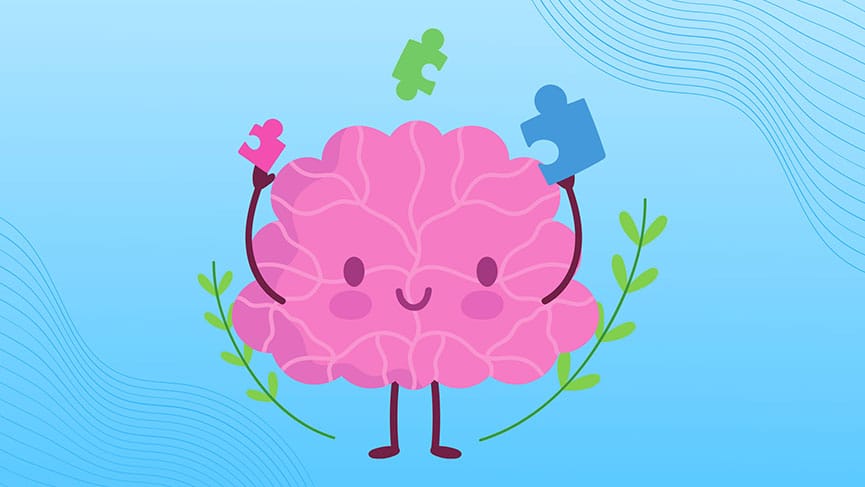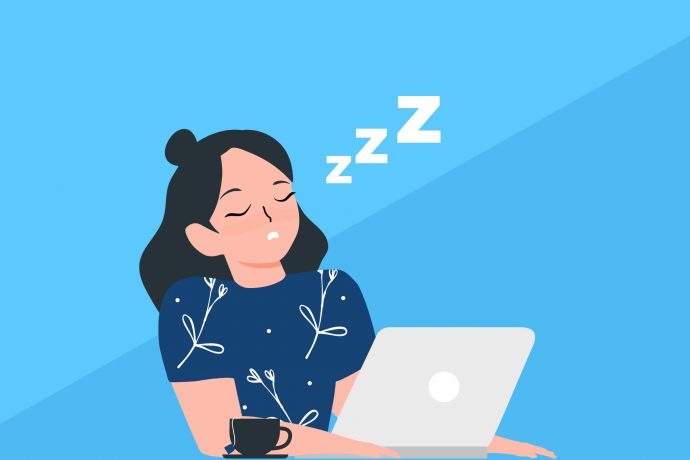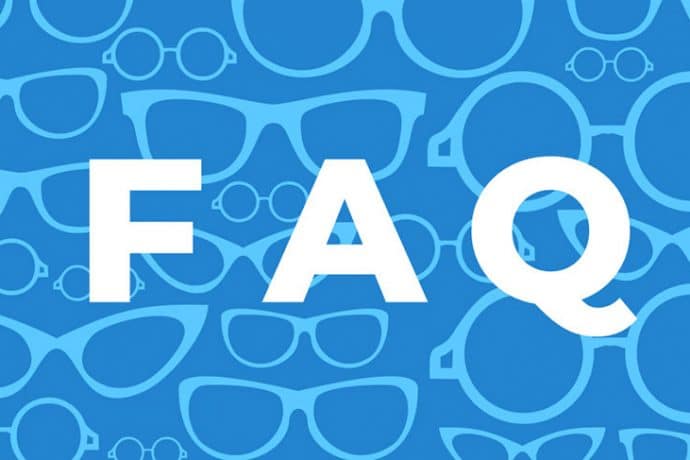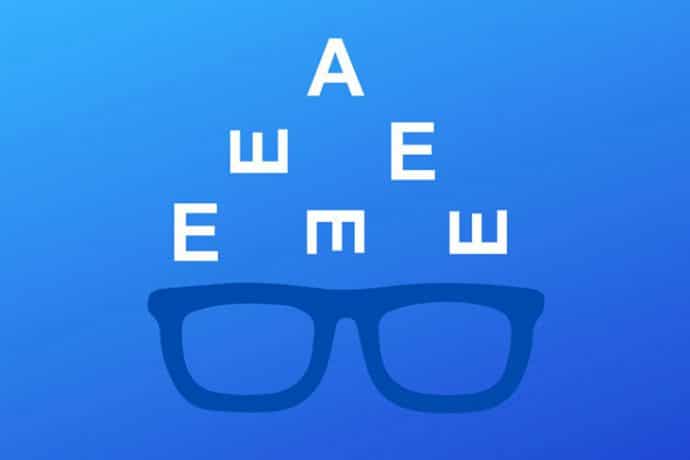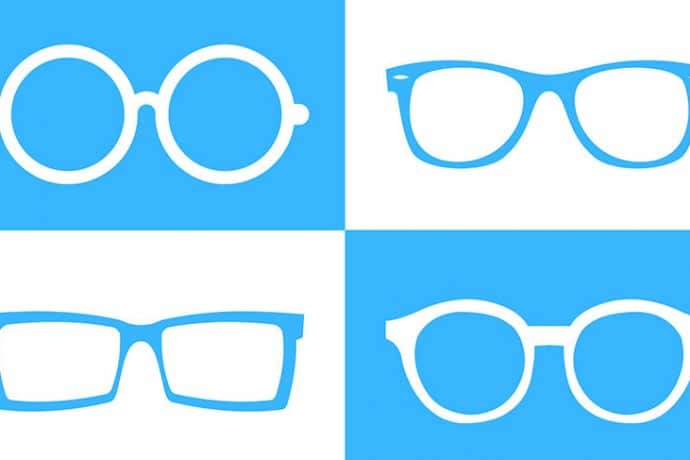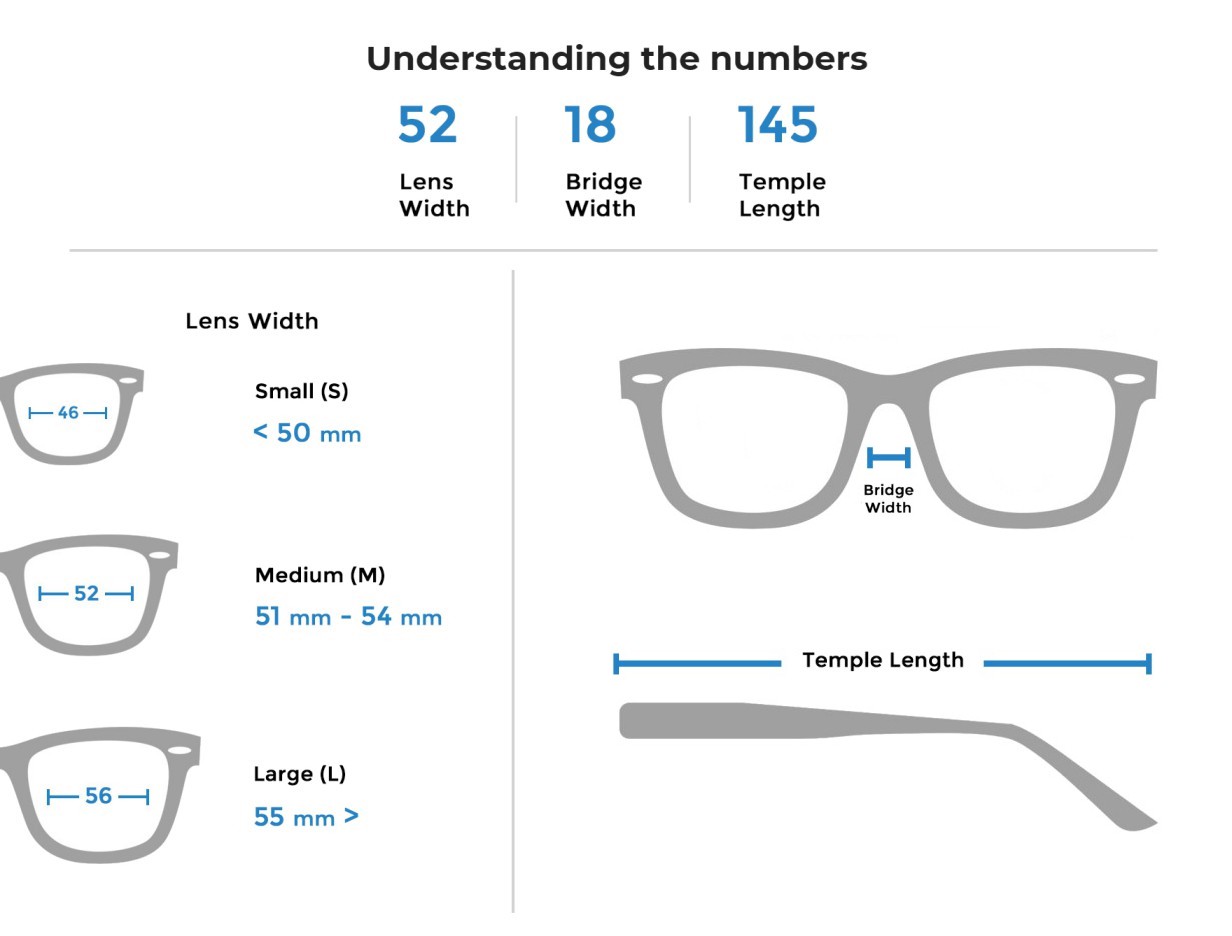How Blue Light Affects Mental Health
Generally speaking, blue light is a healthy, and even necessary component of everyday life.
Up until artificial lighting became widespread, most people’s sleep cycles aligned with the rising and falling of the sun. The sun is a natural source of exposure to blue light that dictates when our bodies should feel alert, and when they should start to feel tired.
However, with the advancement of technology, much of the world now spends their evenings illuminated by countless sources of blue light.
With such easy access to blue light emitting devices, our bodies are losing their natural ability to identify when we should feel tired.
But did you know that basking in all of this light might actually be affecting more than just our biological clocks? It could be interfering with our mental health too.
In this post, we are covering how blue light affects mental health and what you can do about it.
How Blue Light Affects Mental Health
As awareness about the importance of mental health increases, scientists have been dedicating more time to uncovering the links between blue light and mood.
The human body’s circadian rhythm synchronizes behaviors and biological processes that are partially regulated by sunlight. According to Mental Health America, the processes regulated by the circadian rhythm include sleep-wake behavior, hormone secretion, cellular function and gene expression. These systems are incredibly important, and the more they are studied, the more evidence shows that their disruption can lead to mood disorders.
Today’s abundance of artificial lighting is impacting our ability to maintain a natural circadian rhythm that is so important to our sleep and mental health. From street lights, overhead lights, laptops, TVs, smartphones, tablets, and more, humans are using multiple sources of artificial light simultaneously every single day.
Light intensity is measured in units of lux (lx). When scientists looked into the levels of lux emitted from various light sources, they found that laptops alone emit 33,000% more lux than the moon.
Therefore, it is suspected that the increase in nighttime blue light exposure is strongly connected to the increase in mood disorders over the years.
Sleep and Mental Health
Now that we know that excessive exposure to blue light can impact our sleep, how does this all correlate with mental health?
Studies have shown that sleep disruption is a major factor that contributes to the onset of mood disorders. Too much blue light leads to sleep disruption, which is a classic symptom of depression, anxiety, generalized mood disorders, bipolar disorder, and even post-traumatic stress disorder.
Lack of quality sleep can lead to mental health disorders due to the body’s inability to successfully complete a full circadian cycle. As the natural circadian rhythm becomes suppressed, mood disorders can result, ultimately taking a toll on our mental health.
What Can You Do
Limit Screen Time
The easiest way to decrease the potential impact that blue light can have on your mental health is to simply limit your screen time.
It is particularly important to limit screen time when the sun goes down. This is because the most significant trigger to our body’s circadian rhythms is light. By switching off your digital devices or limiting screen time at night, you are able to prevent potential disruption to your circadian rhythm.
Spend Time Outside
Getting regular exposure to sunlight during the day can help reset your circadian rhythm. Even if you work in an office, take your breaks outside instead of in the office break room. Just a few minutes of fresh air and sunlight several times throughout the day can have a positive impact on your circadian rhythm.
Cloudy days count too! Don’t think that just because the sun is not shining that you can’t get your daily dose of healthy blue light exposure.
Wear Blue Light Glasses
If you are unable to limit your screen time or don’t have the flexibility to leave the office for some fresh air each day, you might want to consider wearing blue light glasses.
Blue light glasses are a simple solution to limiting exposure to blue light. The best part about them is that they are easy to put on, and they do not require you to make any lifestyle changes. You can continue with your normal daily and nighttime routines while still being protected from the harmful effects of blue light.
If you wear prescription glasses, you’ll be happy to know that it is possible to get blue light prescription glasses too. You can either purchase a new pair of blue light prescription glasses, or ask your eye doctor if your current lenses can be replaced with blue light blocking ones.
Conclusion: How Blue Light Affects Mental Health
One of the most obvious contributors to sleep disruption is overexposure to nighttime lighting, or in other words, blue light.
Sleep disruption has been linked to a number of mental health issues like anxiety, depression, generalized mood disorders, and more. As technology continues to advance and the more time we spend on digital devices, the more our mental health is at risk.
Luckily, prevention is easy: limit your screen time, spend more time outside, and wear blue light glasses!
Our team at bluwinx believes that you have the right to a good night’s sleep. That’s why we offer fashionable frames with bwgf Lens technology that provides unsurpassed protection against harmful blue-violet light.
If you are interested in learning more about blue light, visit our blog, and read more about blue light and sleep-related topics.
If you have any additional questions, don’t hesitate to reach out – email us at help@bluwinx.com!

